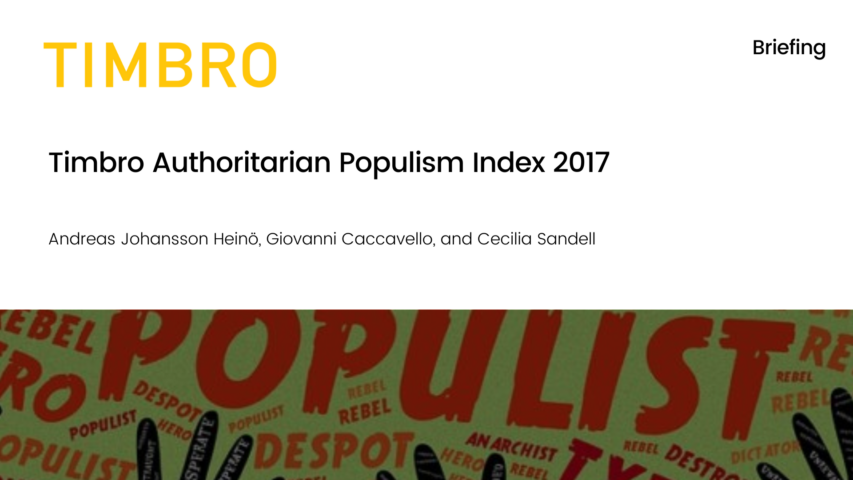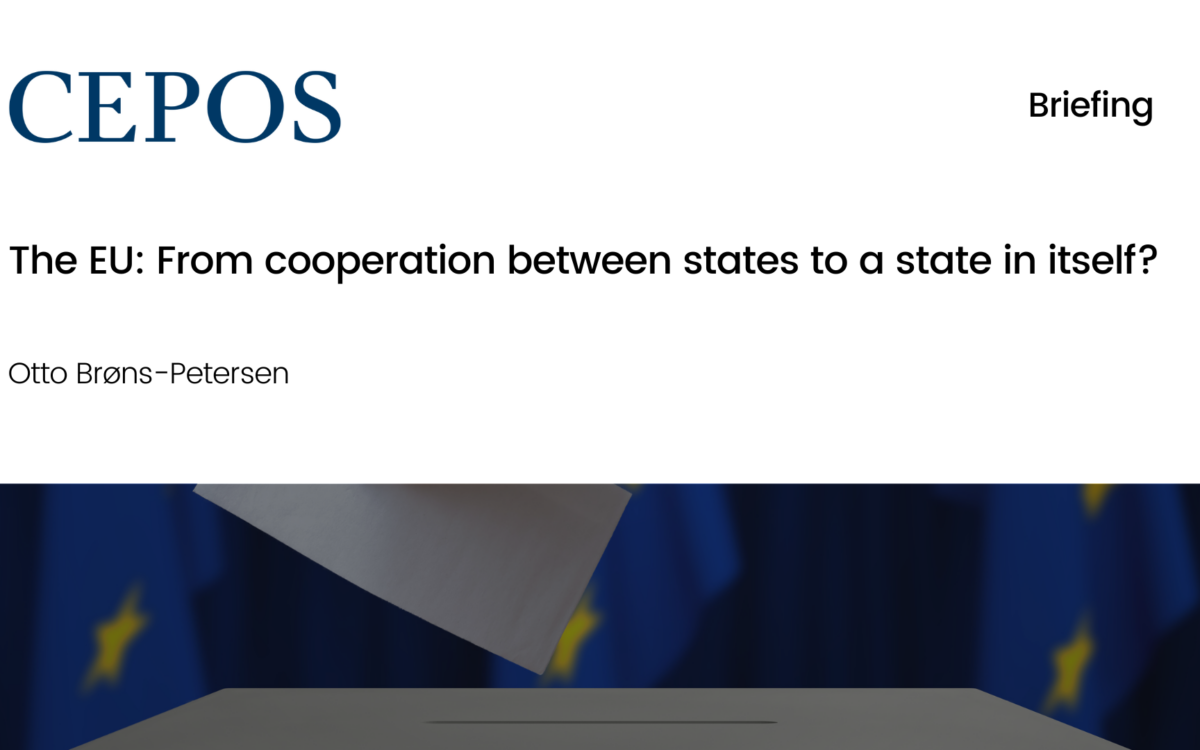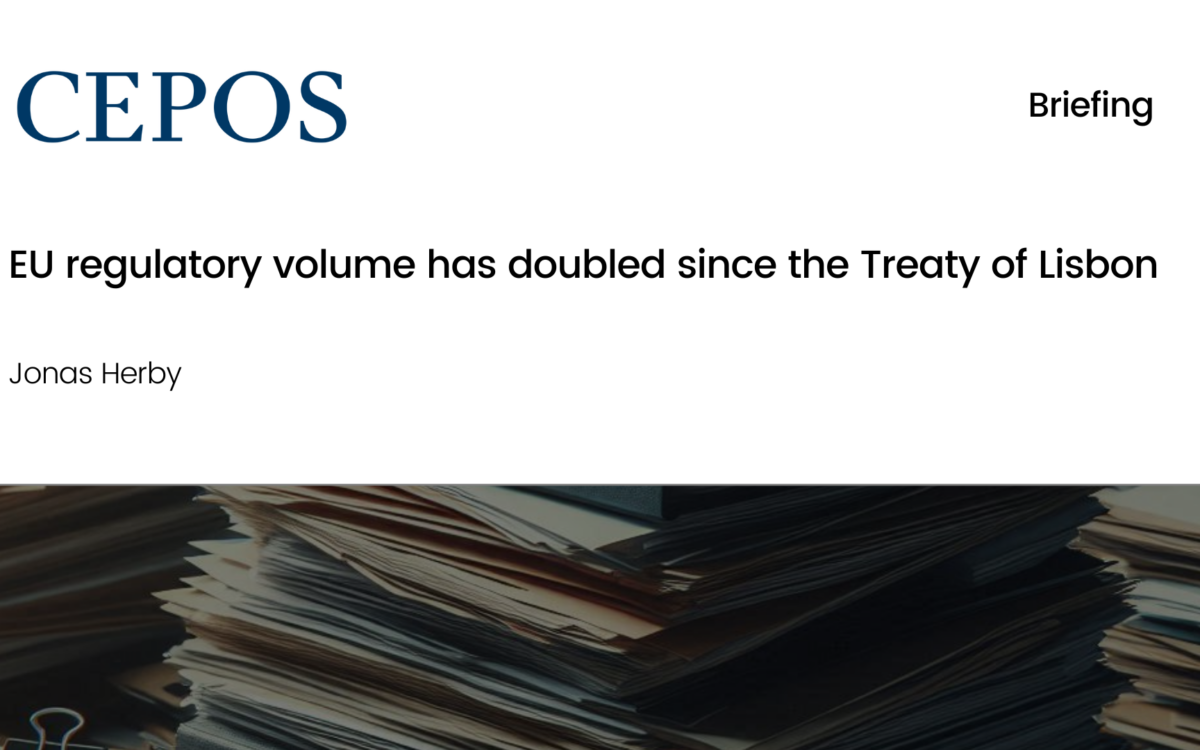Populism Index 2017 Summary

Populism Index 2017 Summary
July 2017
The 2017 TIMBRO Authoritarian Populism Index is the only Europe-wide comprehensive study that aims to shed light on whether populism poses a long-term threat to European ‘liberal’ democracies. The Index explores the rise of authoritarian populism in Europe by analysing electoral data from 1980 to summer 2017.
As the data show, Authoritarian-Populism has overtaken Liberalism and has now established itself as the third ideological force in European politics, behind Conservatism/Christian Democracy and Social Democracy.
Hungary, Poland and Greece are the European countries where anti-establishment parties are the strongest. At the same time, nine European countries (including seven EU Member States) have populist parties in government.
On average, around a fifth of the European electorate now vote for a left- or right-wing populist party. In other words, 55.8 million people voted for these parties during European countries’ latest general elections.
Download or share this publication
View the PDF
EPICENTER publications and contributions from our member think tanks are designed to promote the discussion of economic issues and the role of markets in solving economic and social problems. As with all EPICENTER publications, the views expressed here are those of the author and not EPICENTER or its member think tanks (which have no corporate view).



